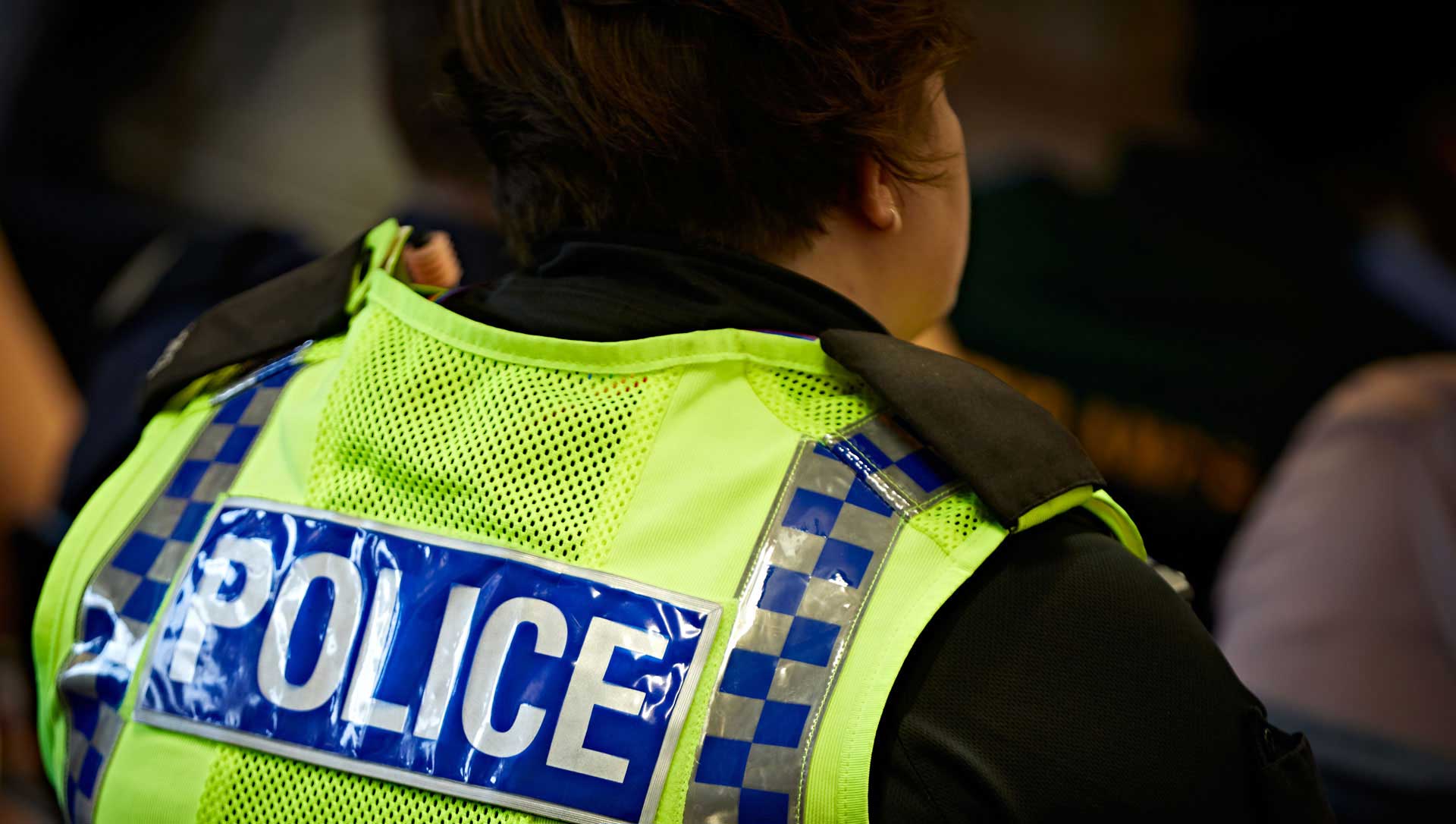
Policing degree vs apprenticeship: Why you might want to choose a degree.
If you’re a student considering becoming a police officer, then you might want to choose a degree over an apprenticeship. The benefits and reasons will be discussed, however firstly, we will provide a quick introduction to these two routes.
Policing degree vs apprenticeship – an introduction
It’s important to state that for all routes into policing there are national standards, as well as local requirements, depending on the police force you wish to join.
Professional Policing Degree (PPD)
This is the only pre-qualification in policing that allows you to join the police in England and Wales as a police officer. The course is accredited by the College of Policing as part of the Policing Education Qualifications Framework (PEQF).
The course is a BSc(Hons) degree. So, should you decide that policing isn’t the right route, a Professional Policing Degree is also useful for a range of roles outside of policing, including:
- Investigation
- Security
- Community-based roles
- Supporting vulnerable people
Depending on the reason, you might be able to join other services, such as the
- Security Service
- United Kingdom Border Agency,
- His Majesty’s Revenue and Customs (HMRC),
Probation Service, - Prison Service,
- Youth Offending Teams,
to name a few.
Police Constable Degree Apprenticeship (PCDA)
The PCDA is a recruitment process where you study alongside working as a police officer.
What you must consider is that recruitment into the police service is competitive. Many people who apply for this route already have a range of skills and experience from other work that make them a strong candidate. People who enter the service under this route do not have a degree, but may be looking for a change of career.
The benefits of studying a Professional Policing Degree over the PCDA
If you are coming from college or sixth Form, the programme will provide you with the knowledge requirements of the National Policing Curriculum. It will also provide practical opportunities to develop skills and competencies to help you prepare for the application process and the role of a police officer.
The other benefit is that if you are recruited following a PPD, you will not normally be required to undertake any further formal educational qualifications to become a qualified police officer. You will only be required to meet occupational competence.
The PPD is still relatively new, and some forces are still developing the initial training programme for this route.
Here are a few other points to consider:
- Your probationary period will be two years as opposed to three years under the apprenticeship.
- You'll receive a substantial pay rise after two years.
- Some forces will give you a higher starting salary if you already have a degree.
Some things to know
The Professional Policing Degree (PPD) doesn’t guarantee you’ll get a job as a police officer.
However, we will give you as much support as possible and provide opportunities to develop skills and competencies.
Your chances of being recruited into the police service will be determined by you and your commitment to self-development to prepare for the role.
Currently about a third of new recruits have a degree when they join. This is clearly going to increase with the Professional Policing Degree (PPD). Some forces have additional requirements. You will need to check this with the force you wish to join. What we will do is help you to prepare for any application, by providing development opportunities to build skill, knowledge and competencies, and support in your application process.
Your degree will be recognised as the policing qualification for up to five years from your graduation.
If you do not become a police officer in that time, then depending on the force, you may have to undertake the Degree Holder Entry Programme (DHEP – two year conversion qualification), as your pre-join will be out of date.
However, just because it may no longer be valid after five years does not mean that it is no longer a degree. It is still completely valid for any other roles you may wish to apply for.
Next steps
View the Professional Policing Degree course
Learn more about criminology and policing.